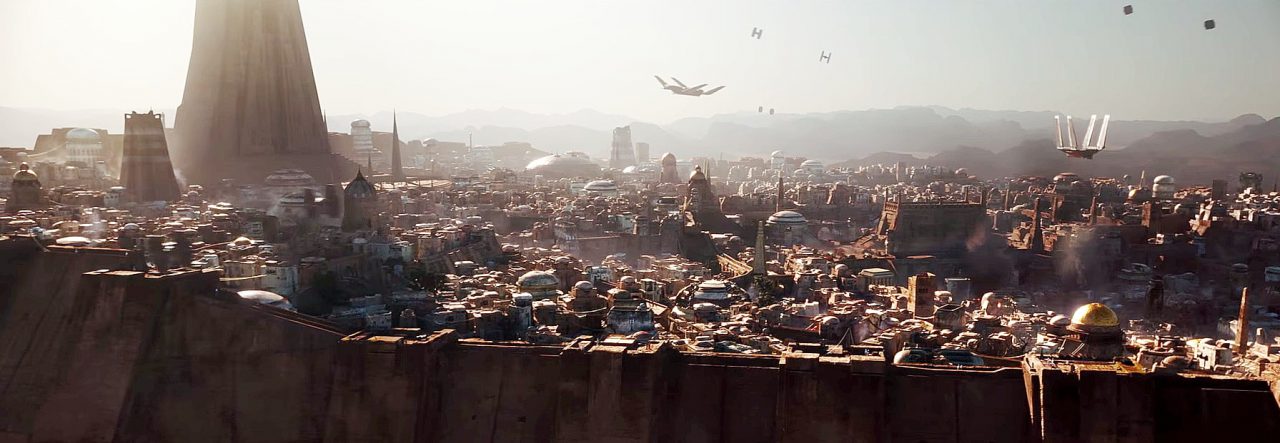
Minor spoilers ahead:
One of the concerns I had going into The Batman was that it would be too similar to Nolan’s “grounded in reality” approach to the Batman universe. Stylistically, yes, it takes Nolan’s realism even further, but thematically, the film is the complete opposite of the Nolan trilogy, which is the best thing about it. In short, it subverts many of Nolan’s political themes.
I appreciated the film’s attempt to address white male privilege and systemic injustice, particularly classism and corruption among politicians and the police. I also liked the de-romanticization of Bruce’s father, Thomas Wayne. However, the movie raises these issues and critiques cautiously. It refuses to cross a line and instead relies on a safer narrative by the end. It’s a reminder that mainstream superhero movies can only go so far with social justice messages. At the very least, it’s refreshing to see a Batman story that acknowledges some of the foundational problems with the character (unlike the Nolan and Snyder films, which leaned in strongly towards a Frank Miller-esque, fascist Batman).
I liked what they did with The Riddler, though the “understandable villain with legitimate goals, but extreme methods” has become a trope, hasn’t it? Erik Kilmonger, Ocean Master, and Magneto come to mind (though I know they’re not exactly the same). What’s frustrating about this trope is that the villains often raise legitimate concerns that typically align more with leftist politics, but the overall narrative wants to make sure we don’t fully root for these villains, thus resorting to having these villains commit atrocious and over-the-top acts of violence. If only the protagonists had these radical views…
Those issues aside, a major highlight for me is Robert Pattinson’s performance as the character, even though I disagree with the approach that Bruce Wayne is the “mask” that Batman wears (I prefer Michael Keaton’s interpretation that Batman is the “shadow” of Bruce Wayne). Pattinson brings an emotional depth to the character that’s more pronounced than previous versions. His Batman voice thankfully isn’t like the growling and over-exaggerated Christian Bale version, but more quietly intense like Keaton. Based on the reviews I’ve read, I was expecting a hyper-masculine Batman, but it was nice to see that this wasn’t the case (at least from my perspective). The fight scenes were a bit brutal, but nothing compared to Snyder’s Batman, which was a character obsessed with “manliness.” While Pattinson’s Batman had a more militarized look and resorted to some brutal tactics, I found there was a vulnerability he brought to the role as well. Furthermore, there was growth for his character by the end. I was surprised that I actually liked Batman calling himself a symbol of hope and engaging with the citizens of Gotham. I do prefer the Tim Burton Batman where you get the sense that people would rather stay away from him, but I also liked this alternate Matt Reeves version, where a more interpersonal connection between Batman and the people is possible. Pattinson’s Batman is not beyond critique, of course, but better than the Nolan and Snyder versions at least.
I thought Zoe Kravitz’s portrayal of Selina Kyle was great (annoyingly they don’t call her Catwoman, just like Nolan’s version, because realism, I guess). I’m glad that some of the leftist critiques were voiced by her, not just by The Riddler. I disagree with the criticism I’ve read that her scenes distracted from the overall narrative; I thought everything flowed nicely. I don’t think she had as much screen time as Michelle Pfeiffer in Batman Returns, but I think some depth was provided for her character (not so much for the romance element between her and Batman). Hopefully we’ll see more of her in the sequels.
I wasn’t too impressed with Michael Giacchino’s score initially, but it grew on me (“Escaped Crusader” is probably my favorite on the soundtrack, as it has nice touches of Danny Elfman and Shirley Walker). The Nirvana influence was effective, not just in the film’s use of “Something in the Way,” but in Bruce Wayne’s look (Matt Reeves stated that his depiction of Bruce was inspired by Kurt Cobain).
Overall, I liked seeing Batman through a noir, detective-driven lens. It definitely draws a lot of influence from David Fincher’s Se7en (which I thought was perfect because I remember thinking for YEARS that I’d love to see a Batman movie like Se7en). It’s a shame that the DC cinematic universe can’t restart with this movie. The realistic approach doesn’t allow for supernatural and fantastical elements (a flying character like Superman can’t exist in this world, for example).
I’ve posted about this elsewhere on social media before, but both Nolan and Reeves arrogantly view Batman as being exceptional among the other superhero characters. They don’t embrace him as a comic book character and are more interested in grounded him in the real world. This interpretation is not without its strengths, but I think it takes away too much from the character and source material. Again, it’s a shame because I think Reeves could do an amazing job with something more fantastical and connected to the larger DC universe.
